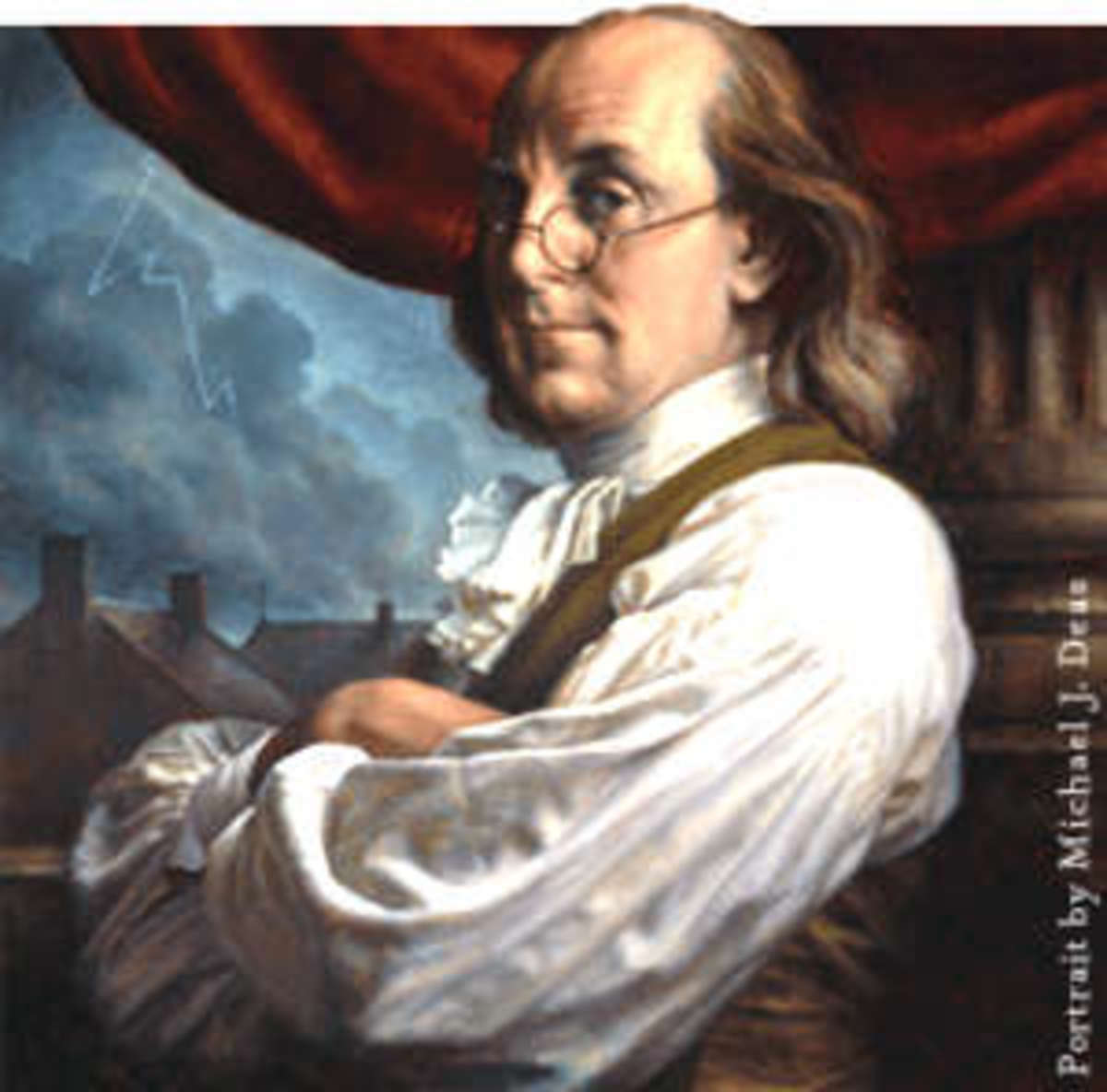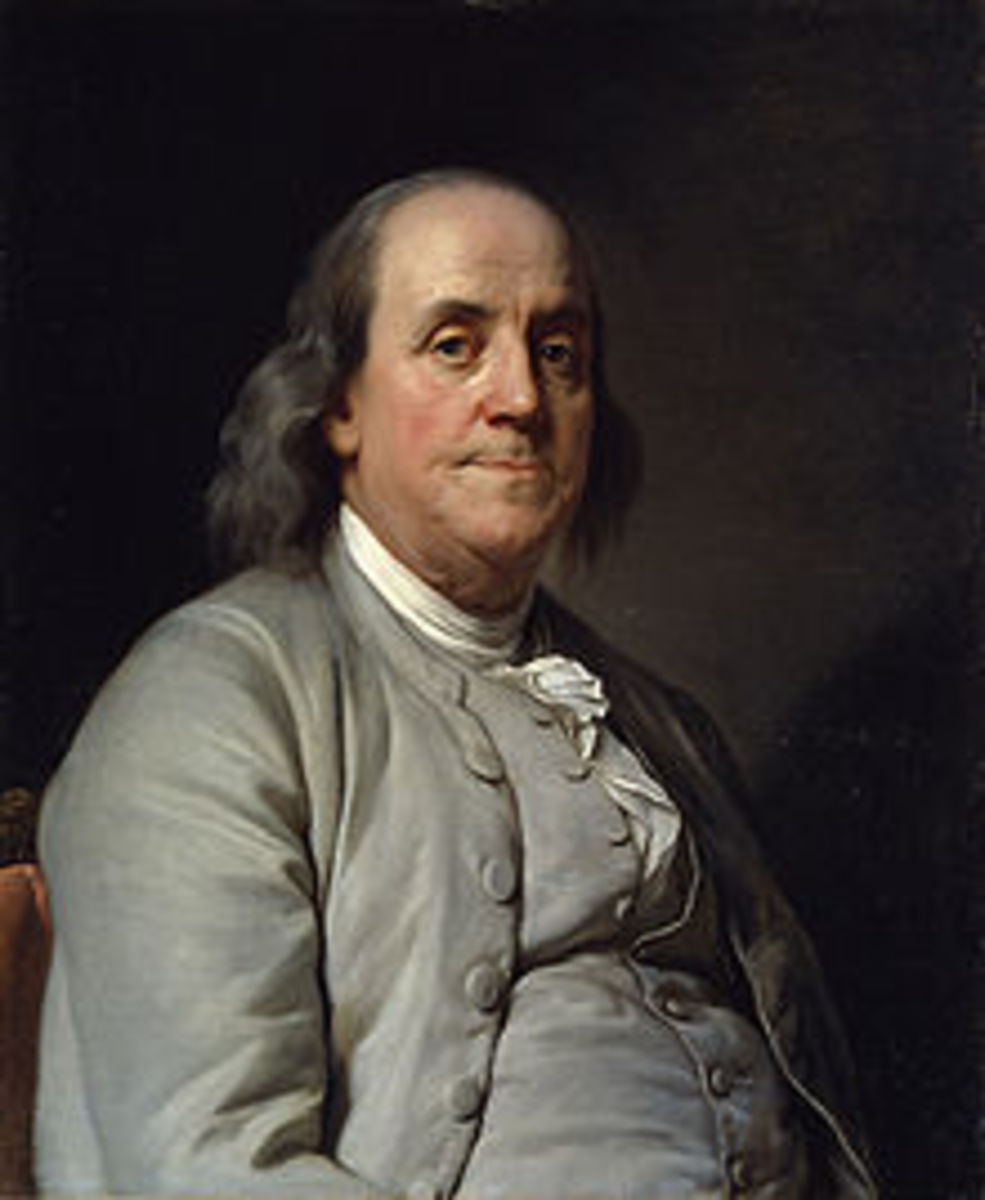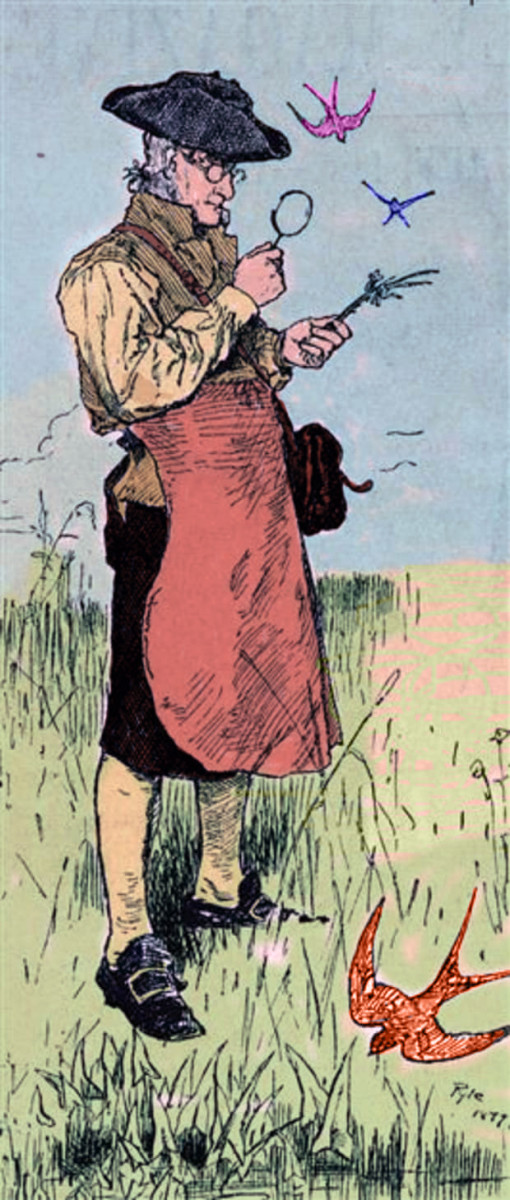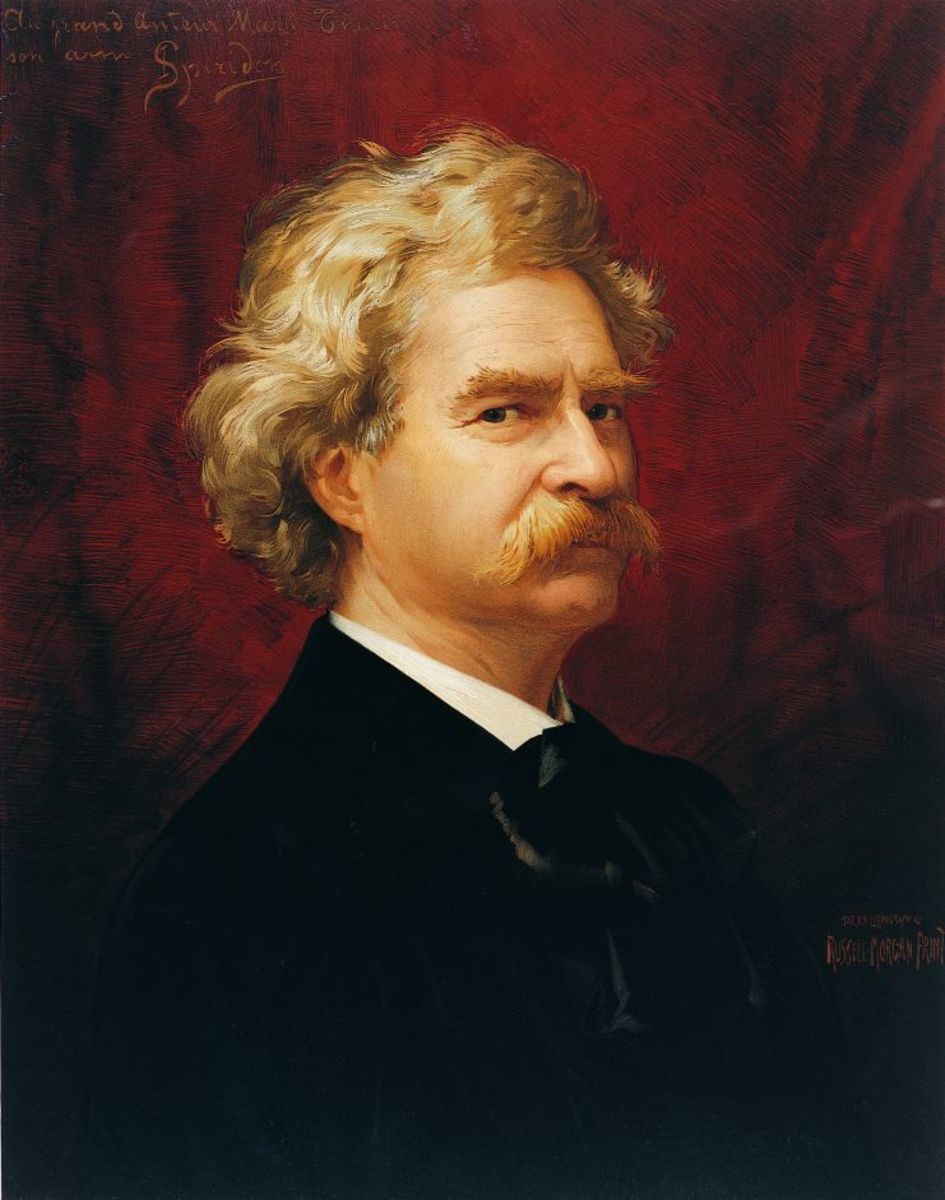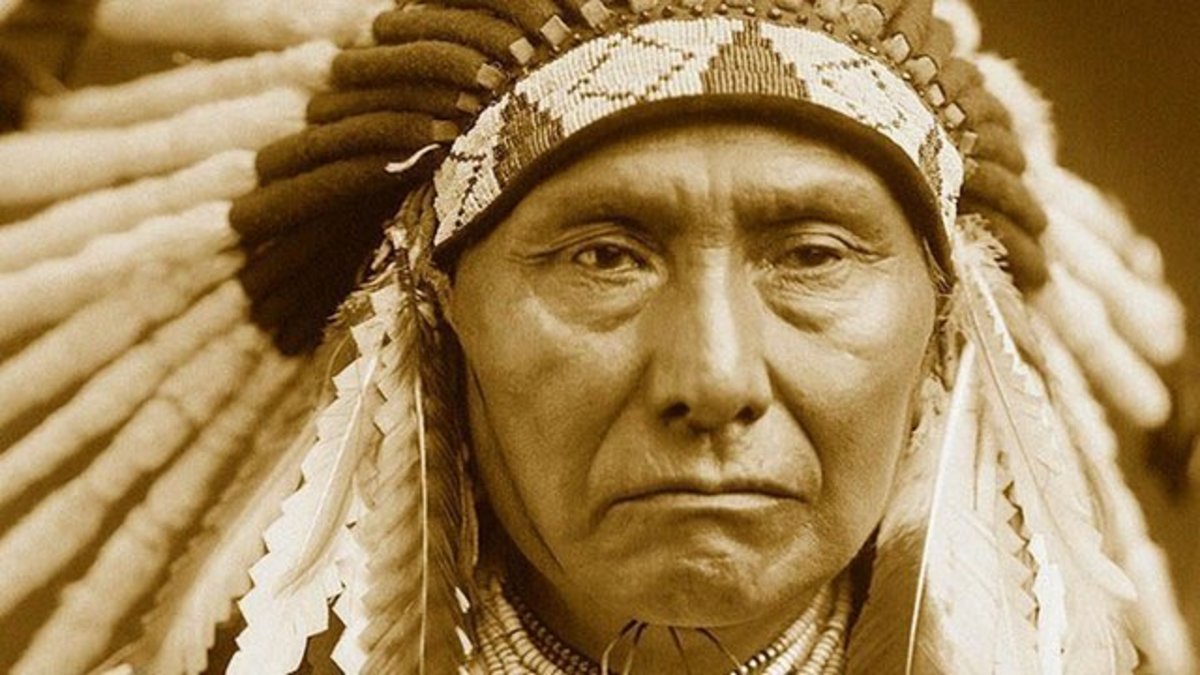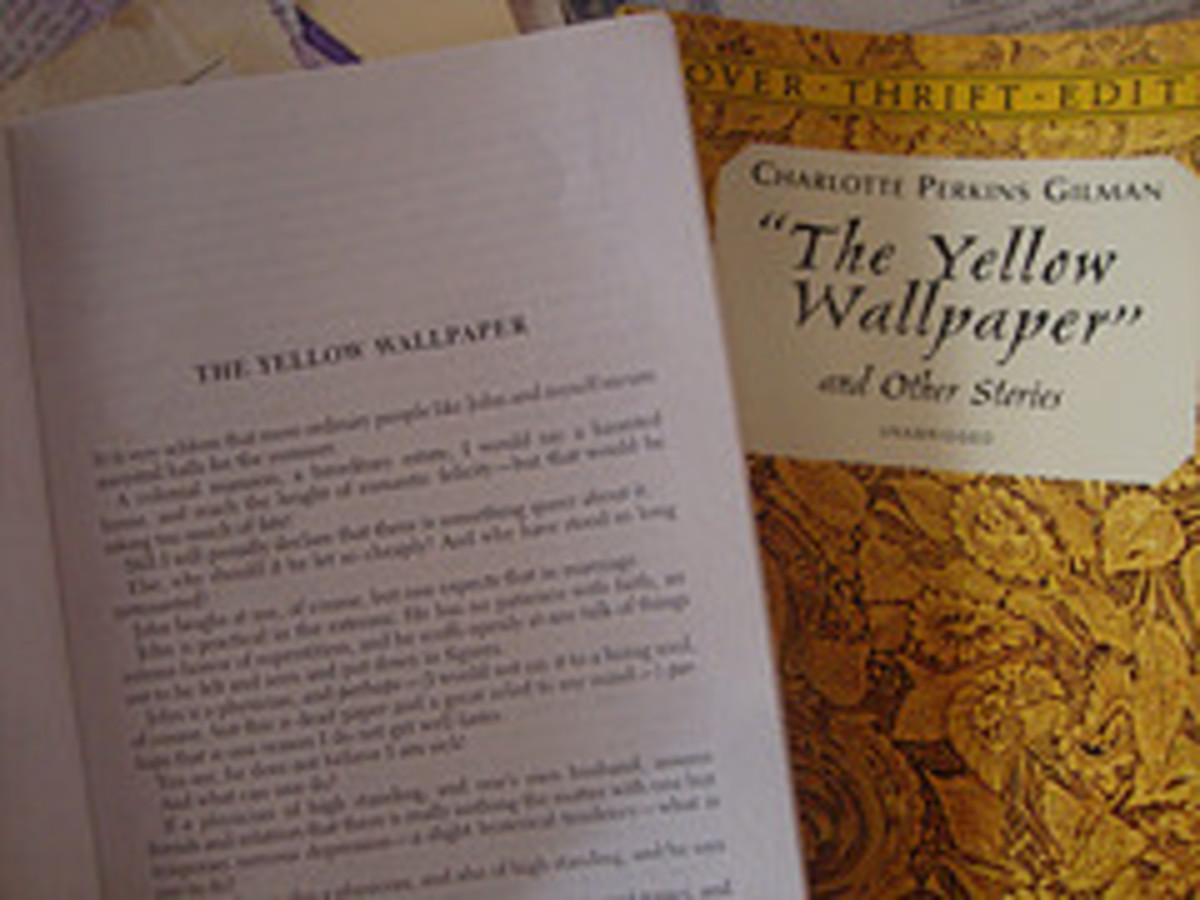Benjamin Franklin:Ben's Coonskin Cap,Satires and Hoaxes
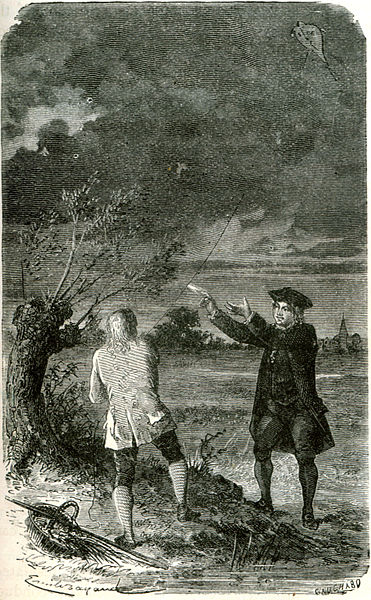
Declaration of Independence
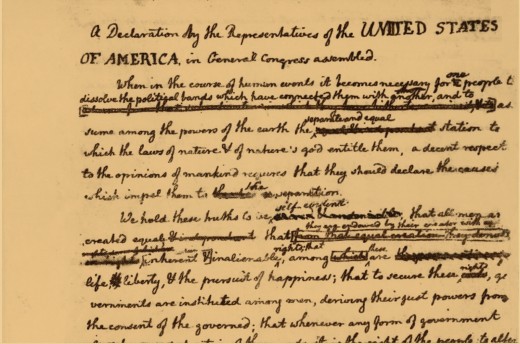
Just who was Ben Franklin? He is mostly thought of for being an 18th Century founding father of the United States,
Ben Franklin inventions, such as discovering of electricity . They might think about Poor Richards Almanac, and certainly his face on American money. I don’t think most people see the humorous, satirical side of Franklin. Below are some facts about Benjamin Franklin, his hoaxes , and satires about Poor Richard , Silence Dogood, Polly Baker and his Coonskin cap .
As Mark Twain complained, most of us grew up with Franklin ’s scolding advice about going to bed early, getting up early and other sage advice. However, I think Twain and Franklin had more in common than one might think.
Both of them grew up in the printing and newspaper business in rough and tumble days. Both had a sense of the dramatic, of satire and of pulling off a hoax for effect.
When one thinks about it literary figures like Jonathon swift, Daniel Defoe and Washington Irving have engaged in hoaxes, which might be for satirical effect or to expose public foolishness.
Today it might be considered public relations but Franklin was a master of creating an image for himself, much as Mark Twain did later. For Twain it was, of coarse, a change of name from Samuel Clemens and adoption of a persona with a white suit and playing the part of what he called an “inspired idiot.”
Likewise Franklin created an image of himself as a simple but wise American rustic, a frontiersman, with a coonskin hat. He was, in fact, quite sophisticated and cosmopolitan.
The facts about Benjamin Franklin may give you a different impression of who he was. Hopefully you might find him more interesting.
Kites and lightening
The story most told about Franklin is that he and his son did an important scientific experiment and discovered electricity by flying a kite in a rainstorm. It was on October 19th, 1752 that the Pennsylvania Gazette gave a brief description of Franklin’s experiment. It said that Benjamin Franklin had flown a kite in a thunderstorm. Electricity was conducted down the line of the kite and electrified a key that Ben Franklin had tied to it. Franklin’s kite experiment became the most famous of the 18th Century and was part of making Franklin famous both at home and elsewhere.
Fact of Hoax?
Most of us have heard about this experiment in grade school and it is what we think we know about Franklin. Yet, some historians claim it never happened. There is, they say, a curious lack of details about the experiment. The exact time of the experiment is unknown, only sometime in June apparently; the closest Franklin ever came to reporting the date. Franklin never wrote a formal report of it, his son is the only witness to the event and he never said anything about it. Franklin would have known that it would have been very dangerous.
Tom Tucker, an historian, has suggested Franklin proposed the idea as a joke originally. Ben Franklin was frustrated with the British Royal Society for ignoring his letters to them about his earlier electrical research. Tucker suggests the Franklin might have proposed the deadly experiment as a subtle joke, his way of saying “Go fly a kite in a storm!’ However people in France took the experiment seriously and Franklin decided to go along with it.
Other historians disagree.
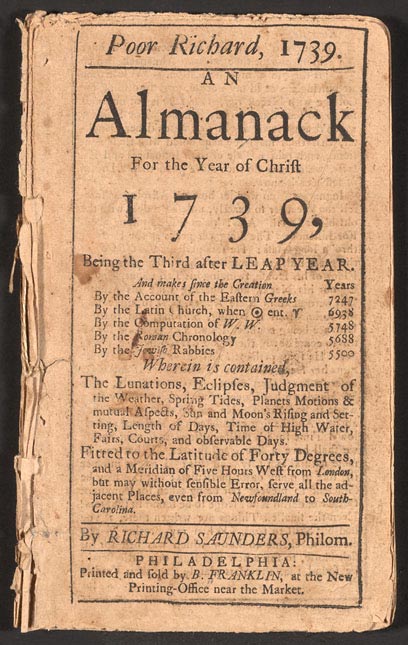
Almanac
Under the literary name of “Poor” Richard Saunders Franklin published Poor Richard’s Almanac, whose persona was of a hen-pecked, poverty struck scholar. According to the Museum of Hoaxes website Franklin predicted in his almanac that his rival Titan Leeds would die “Oct. 17, 1733,3.29 P.M. at the instant of the conjunction of the Sun and Mercury.
It was meant as a joke but Leeds took offense and chastised Saunders in his own almanac. As a result Franklin turned the death of Leeds into a running joke. When the time of the prediction arrived and Leeds did not die, Franklin declared that Leeds had actually died but that someone usurped his name and was using it to falsely publish the almanac. For the next year Franklin insisted that Leeds was dead until in 1738 Leeds actually did die. Franklin than congratulated the men who usurped Leed’s name for finally ending the pretense.
Franklin’s idea for the Leeds hoax was Jonathan Swift’s Bickerstaff hoax of 1708.
Hoss Sense
Franklin once said, “Pieces merely humorous are of all Sorts the hardest to succeed in.” Maybe he avoided writing things that were merely humorous for that reason. He did, however, engage in several forms of humor in various forms of writing throughout his life.
According to an article about Franklin’s Hoaxes on compedit.com Franklin had a unique sense of humor and represents a “new kind of native American humor that Professor Walter Blair has aptly denominated hoss sense.”
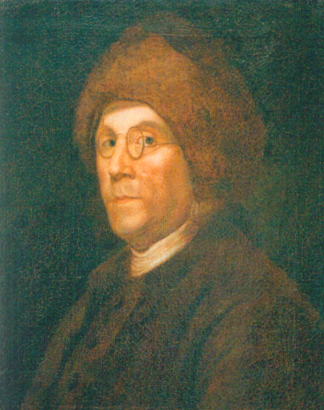
Silence Dogood
Franklin created first hoax was when he was 16 years old and working on his brother’s newspaper.
It was between April and October of 1722 that a series of letters appeared in the New England Courant from a middle-aged widow calling herself Silence Dogood who poked fun at aspects of colonial life in America. She mentioned drunkenness of locals, religious hypocrisy, persecution of women, fashion for hoop petticoats and especially the pretensions of Harvard College.
Silence Dogoods letters became very popular. Some male readers proposed marriage. But Silence dogood was only an invention of young Ben Franklin. His brother was quite displeased when he found out because he feared for young Ben’s vanity because of all the compliments. Ben decided it was a good time to go seek his fortune in Philadelphia.
The Speech of Polly Baker
This hoax showed some of Franklin’s somewhat coarse sense of humor. Among other things Franklin pokes fun at the legal profession and that of the ministry.
Polly Baker is before the judge for having her fifth child out of wedlock and most probably more in the future. She tells the judge that she would prefer in-wedlock to out-of-wedlock. She explains that she was always willing to enter into wedlock says that she would behave quite well as she has all the industry, frugality and fertility… appertaining to a good wife’s character.
Franklin likes to poke fun at the legal profession and Polly’s first betrayer is a judge. She says that she had hoped he would be on the bench that day to influence the court in her favor, But she is forced to defend herself. She does so by equating the “fertility” with doing her duty especially the duty of the first great command of Nature, and Natures god (a deistic ring to this phrase) Increase and Multiply.” From the “steady performance” of this duty “nothing has been able to deter me…”
A pun is used in the satire when Polly refers to her original betrayer—the judge who first seduced her—Polly calls him the “first cause of all my Faults and Miscarriages (if they must be deemed such). In the 18th Century works on Deism were full of references to “the first Cause.’ The grandiose connotations of this phrase are used against the more literal use referring to Polly’s seducer who occupied an elevated position on the bar. He also plays on the word miscarriages of morality against those of childbirth.
American Indians
One of Benjamin Franklin’s later satires he uses the technique of changing the point of view. He does this;
In Remarks Concerning the Savages of North America
Franklin tells of the Virginia commissioners offering the leaders of the Six Nations admission to college at Williamsburg. “If Indians would send down half a dozen of their young Lads to the College, the government would take care that they should be well provided for, and instructed in all the learning of the White People.”
The commissioners were surprised when the Indians declined the offer with thanks. In their thank you Franklin has them say” Different Nations have different Conceptions of things; and you will therefore not take it amiss, if our ideas of this kind of Education happen not to be the same with yours.” The Indians relate that they had previously sent young men to some of” the colleges of the Northern Provinces.” When they came back to us, they were bad Runners, ignorant of every means of living in the woods, unable to beither Cold or Hunger, knew nothing about how to build a cabin, take a deer, or kill an enemy, spoke our language imperfectly, were therefore unfit for Hunters, Warriors, nor Counselors; they were good for nothing.
The Indians go on to thank the commissioners for the offer and made a counter offer that if the whites wanted to send a few young men to them they would instruct them and make Men of them.
Conclusions
I have tried in this short space to capture a side of Benjamin Franklin that the general public is not too familiar with. In addition to his role in founding our nation, a career in printing and publishing, as a diplomat representing our country he also had a sense of humor and that showed itself in such things as satire, hoaxes and even in his persona. As such he fits in with many early writes and journalists. Maybe we have a tendency to look on our heroes of the past as rather overly serious and gloomy people. This is an attempt to look at another side of them.
Information in this article came from “Franklins Hoaxes,” www.compedit. Om franklin’s-hoaxes. htm
The Speech of Polly baker-Wikipedia, the free encyclopedia
Benjamin Franklins Hoaxes The Spark of Yahoo
Silence Dogood-Wikipedia
The Hoaxes of Benjamin Franklin www.museum hoaxes.com/hoax/achive/display/category/benjaminfranklin
Please leave comments
Your comments on this hub would be helpful. Please comment and vote.
- The Hoaxes of Benjamin Franklin
A collection of hoaxes throughout history, from the middle ages to the present. - Silence Dogood - Wikipedia, the free encyclopedia
- The Speech of Polly Baker - Wikipedia, the free encyclopedia
- Poor Richard\'s Almanack - Wikipedia, the free encyclopedia
wikipedia article on "Poor Richards almanac"


